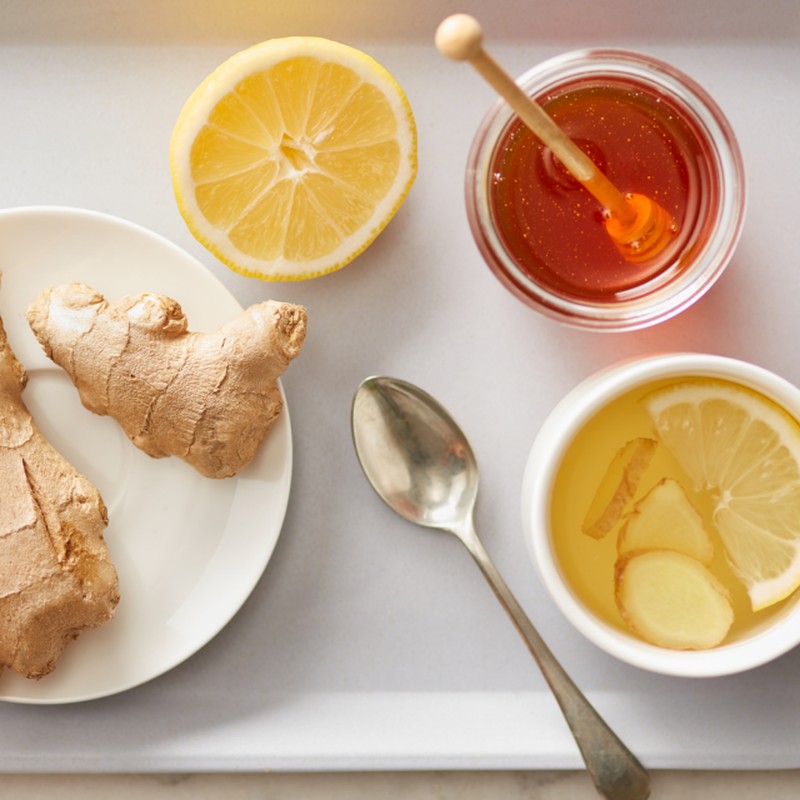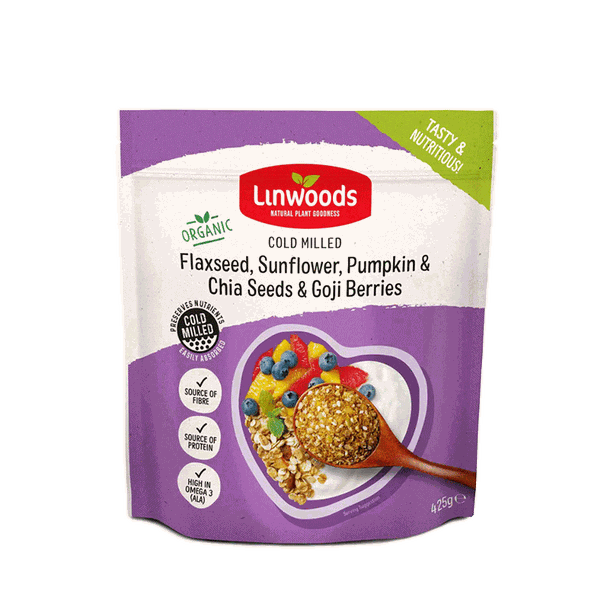How 10 Health Experts Keep Their Immune System Strong
Eve Kalinik
Nutritional Therapist
“When I’m feeling run down, nothing beats a bowl of live, full-fat organic natural yoghurt with stewed apples – a combination full of beneficial bacteria to support the gut, which is where 80% of the immune system lives. Apples are rich in an antioxidant called quercetin, and are a good source of pectin fibre, which is great for the gut. A drizzle of good-quality, local honey will also provide antimicrobial properties while a sprinkling of cinnamon has further antioxidant benefits. I also take 30mg of zinc at the first signs of a sniffle as this can minimise symptoms, and make sure I get to bed an hour earlier. Improving both the quality and quantity of sleep is one of the most powerful immune-supporting hacks you can master.”
Visit EveKalinik.com
Natasha Fernando
Head Of Clinical Excellence At Medichecks
“Eat, drink, sleep, repeat is my simple motto for staying well. Maintaining consistency is key to supporting your immune system and ensuring your body metabolises at a consistent rate. This means not overeating or undereating, doing regular and moderate exercise, and being careful not to exert stress on the body. Your immune system needs downtime to recover and rejuvenate, especially after infection, so routine sleep patterns are important too. A lack of sleep can cause abnormal peaks in cortisol levels, which can negatively impact your immune response to infections. Hydration is also key – it’s important for forming mucus barriers as a valuable first defence, preventing germs getting into the gut and lungs. Eat as many superfoods as possible – smoothies are a great way to consume several at once. Try berries, spinach, chia seeds, flaxseeds, turmeric, ginger, cinnamon and kefir.”
Visit Medichecks.com
Emma Bardwell
Nutritionist
“Oestrogen has a beneficial effect on immune cells, which means women going through menopause should focus on staying fit and healthy, inside and out. Oestrogen also influences our good gut bacteria, so when hormone levels decline, many women find they’re more susceptible to infection. Building a diverse microbiome is one of the most effective ways to strengthen immunity – regardless of your age. Eating at least 30 different plant foods per week is a great way to support a healthy gut – think vegetables, fruit, beans, lentils, nuts, seeds, herbs and spices. Staying active is also important. One recent study showed people who exercised for a minimum of 20 minutes per day, five or more days per week reported 43% fewer days of upper respiratory infections than those who were sedentary. Bonus points if you exercise outdoors, which is believed to further support our good gut bacteria. If you do fall ill, supplement with lactoferrin, which acts as a barrier against viruses.”
Visit EmmaBardwell.com
Anna Ayers
Co-Founder Of Rahua & Environmentalist
“Palo santo is a sacred wood that comes from the palo santo tree indigenous to the coast of South America. It burns slowly, and its woody scent is rich and inviting, and has been proven to stimulate the immune system, fight inflammation and protect cell walls. This is down to limonene, the active ingredient in Palo Santo. There have been several large studies verifying the effects of limonene on immunity. Get into the habit of burning Palo Santo at home – the aromatic compounds have a calming effect on your limbic system, a part of the brain responsible for emotion, providing an instant mood lift.”
Visit Rahua.uk
Claire Paphitis
Ayurvedic Consultant
“According to Ayurveda, all disease stems from a poor agni or ‘digestive fire’, so making sure my digestion is good is always my priority. I do this by keeping foods fresh, warm and cooked, as this makes digestion less taxing on the body. Cooking with plenty of fresh herbs and spices can also help, not only for their taste but also for their medicinal properties – you’ll always find fresh root ginger in my house. I eat chyawanprash (an Ayurvedic herbal jam) daily, either stirring it into some warm milk or spreading it on toast. It’s full of nutrient-rich herbs and minerals, such as amla (Indian gooseberry), which has been shown to improve vitality and build immunity.”
Visit TheAyurvedaCoach.com
Emilia Herting
TCM Practitioner & Co-Founder Of Escapada
“For thousands of years, traditional Chinese medicine (TCM) has used gua sha to strengthen the immune system and relieve symptoms of a common cold, sinus infections, runny noses, coughs and bronchitis. Lymph is the clear liquid that carries our white blood cells – our first line of defence against disease – but it can easily become stagnant. Body gua sha is a great way to help the body flush toxins and ailments – use downward motions on the neck and shoulders; outward strokes on the chest; and downward motions on the upper back, working in rows along the spine. Quality supplements can also help – Yu Ping Feng San is a traditional Chinese herbal formula that contains powerful herbs to support immunity – as can immune-boosting foods like ginger, turmeric, garlic, mushrooms and green tea. If you are frequently battling coughs and colds, consider acupuncture.”
Visit EscapadaHealth.com
Farzanah Nasser
Functional Medicine Practitioner
“Vitamin D is essential for immune health. In fact, studies show rates of colds and flu are always at their highest when vitamin levels are at their lowest in February and March. BetterYou sells a finger-prick vitamin D kit, which you can do at home – they will then suggest how much to supplement once you have your results. Try to avoid sugar, too, as refined sugars (think chocolate, cakes and biscuits) suppress the immune system for up to five hours after being consumed. At the first sign of a cold or flu, take elderberry syrup. The flu virus contains an enzyme that enables it to stick to the respiratory tract. Elderberry deactivates this enzyme and offers powerful protection against the flu virus. I swear by Viridian Elderberry Syrup.”
Visit FarzanahNasser.com
Gabriela Peacock
Nutritionist & Founder Of GP Nutrition
“Antioxidants play an important role in immunity – phytochemicals, anthocyanins, resveratrol and quercetin are particularly powerful – so ensure you are eating plenty of colourful fruits and vegetables. If in doubt, antioxidants can be taken as a supplement. Mixed berries are a great way to get antioxidants into the diet – try blending them with live yoghurt and freezing in ice lolly moulds. Also increase your intake of oily fish, which is a great source of vitamin D, one of the immune system’s champion fighters. I aim to eat three to four portions of oily fish per week, and if I don’t make this quota, I’ll supplement with omega-3 fish oils.”
Visit GPNutrition.com
Jenna Hope
Nutritionist
“I take a food-first approach when it comes to supporting the immune system, which ensures I’m stocking up on all the necessary nutrients. Getting your five-a-day may seem basic, but it’s the best way to increase your vitamin C intake. Additionally, snacking on nuts and roasted chickpeas can be a great way to increase your protein and micronutrients such as copper, zinc and selenium. Brazil nuts are a great source of selenium which plays a key role in supporting immunity. Around two large nuts per day can help you to achieve the daily recommendations. Stock up on fermented foods, too, which can help to nourish your gut.”
Visit JennaHopeNutrition.com
Sophie Trotman
Nutritionist
“Looking after your immune system requires a 360° approach. Start by ensuring your diet is rich in sources of vitamin C like red peppers, spinach, kale, broccoli and citrus fruits, as well as sources of zinc like beans, shellfish, whole grains and dairy products. A high-dose vitamin C supplement is also essential – I rate Your Zooki’s Vitamin C, which comes in a liposomal form, meaning it’s well absorbed by the body. Staying on top of stress is also key, as stress can suppress immunity. When you’re stressed, the body prioritises responding to a threat rather than maintaining immune function. Set boundaries, schedule in self-care and make sure you’re getting enough sleep.”
SHOP OUR EXPERT'S EDIT
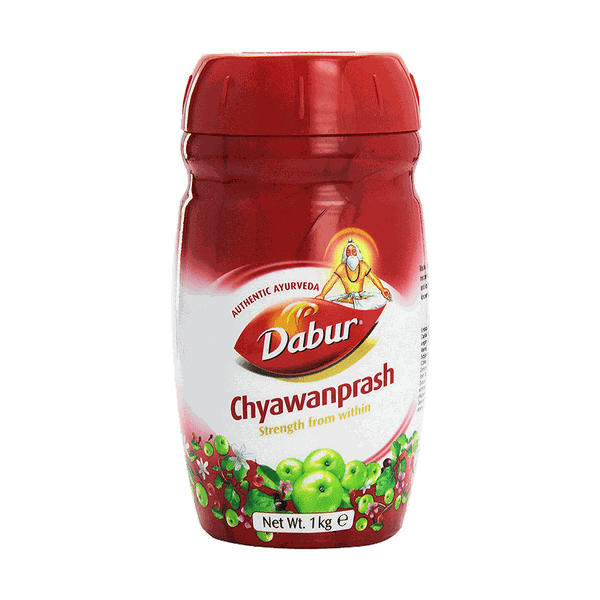

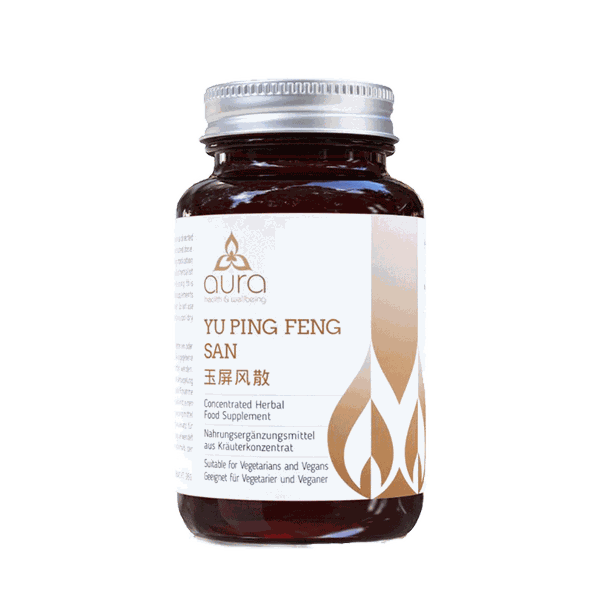
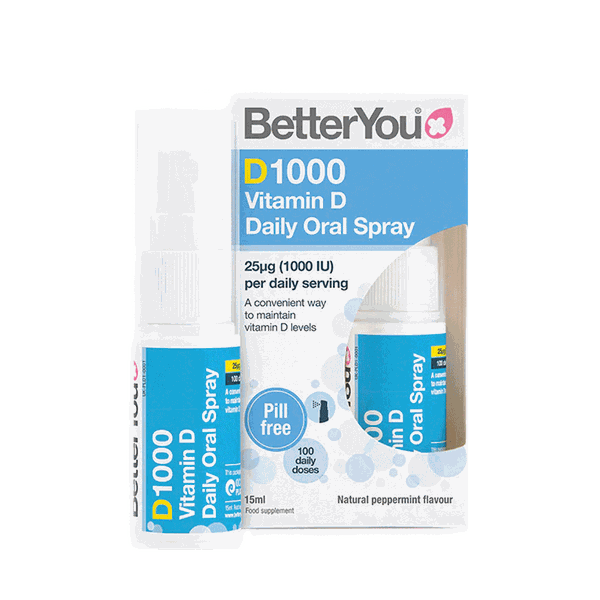
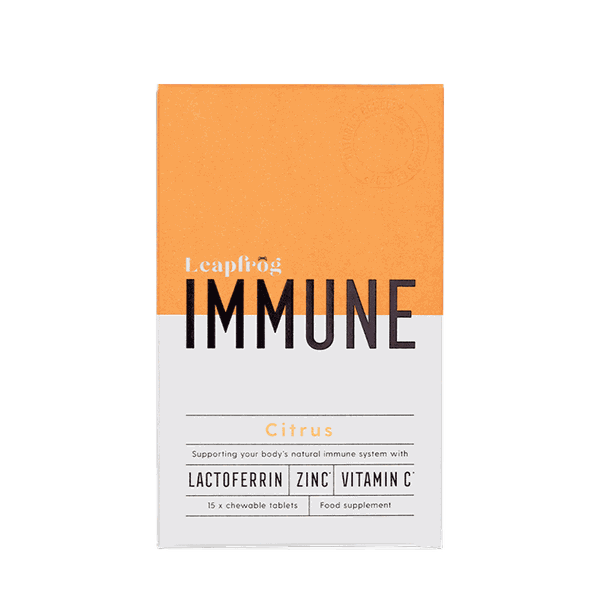
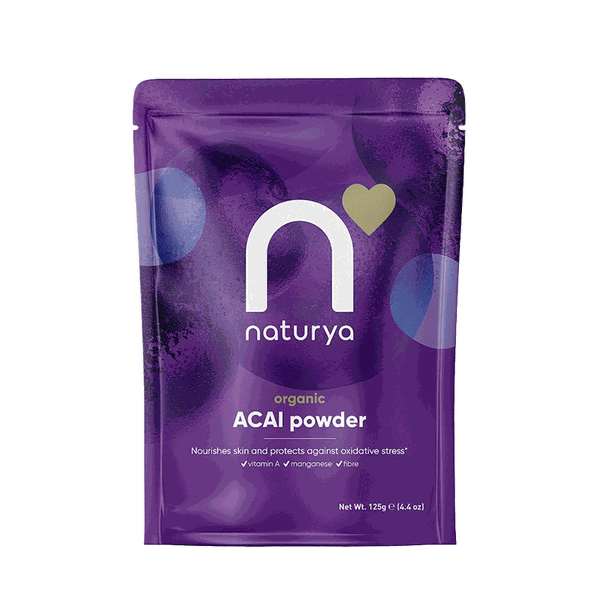

DISCLAIMER: Features published by SheerLuxe are not intended to treat, diagnose, cure or prevent any disease. Always seek the advice of your GP or another qualified healthcare provider for any questions you have regarding a medical condition, and before undertaking any diet, exercise or other health-related programme.
DISCLAIMER: We endeavour to always credit the correct original source of every image we use. If you think a credit may be incorrect, please contact us at info@sheerluxe.com.
